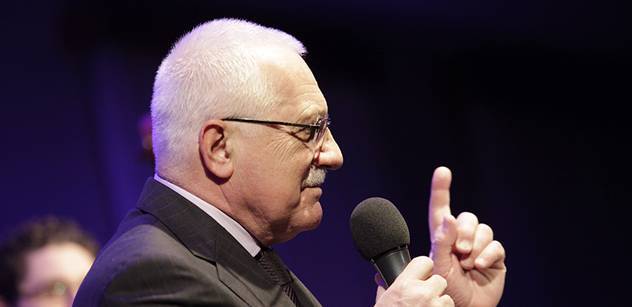Mr. Chairman, ladies and gentlemen,
Thank you for the invitation to the CEI and for the opportunity to address this distinguished audience.
I remember quite vividly my previous encounter with your Institute - a speech in May 2008 devoted to my Czech compatriot, great economist, Joseph Alois Schumpeter and his views about the end of capitalism[1]. My feeling was that we both - me as a speaker and you as the audience - believed that Schumpeter was wrong in his pessimism and that in spite of the many threats we saw around us capitalism would survive. You probably released the text of my speech to the many supporters of your Institute all over your country because I got hundreds if not thousands of very friendly, supportive and positive letters and cards from them.
I also remember your honoring me with the Julian Simon Award. Julian Simon was an optimist and one of the few fellow-economists who believed in capitalism, who defended it and who statistically demonstrated that capitalism had been successful. I am convinced he was right.
I should also mention that the Competitive Enterprise Institute published the English translation of my book "Blue Planet in Green Shackles" which is thanks to it known in many places of the world now. The book has already 17 different language editions.
Tento článek je uzamčen
Článek mohou odemknout uživatelé s odpovídajícím placeným předplatným, nebo přihlášení uživatelé za Prémiové body PLPřidejte si PL do svých oblíbených zdrojů na Google Zprávy. Děkujeme.






